June 5, 2025 | 14:34 GMT +7
June 5, 2025 | 14:34 GMT +7
Hotline: 0913.378.918
June 5, 2025 | 14:34 GMT +7
Hotline: 0913.378.918
It is expected that in August 2023, the inspection team of Food Safety and Inspection Services - FSIS (United States Department of Agriculture) will go to Vietnam to evaluate the food hygiene and safety control system for exported pangasius.
To prepare the conditions to ensure food safety for farms and farming areas that supply raw materials for enterprises to export to the United States, the Department of Fisheries (MARD) is stepping up the guidance work, appraisal, monitoring, and certification.

The Department of Fisheries (MARD) organized training on food safety regulations and prepared working documents with foreign inspectors for the Sub-Department of Fisheries and enterprises in the Mekong Delta. Photo: Kim Anh.
Commenting that the world market is fluctuating, people are tightening their spending, leading to a large amount of inventory, Nhu Van Can, Deputy Director of the Fisheries Department, affirmed that this is a challenging period for the pangasius industry.
Typical story, recently, the Ministry of Agriculture and Rural Development and some provinces in the Mekong Delta visited a seaport in the Netherlands. This is considered a transit place for nearly 60% of Vietnam's agricultural and aquatic products to Europe. A logistics business here shared a lot of seafood in stock at the port.
Looking back at the domestic export situation, Can said, in 2022, the export turnover of the pangasius industry reached over US$ 2.4 billion. China, the United States, and the EU are the three major markets that import Vietnamese pangasius. Entering the first half of 2023, export turnover to the US decreased by 60% compared to last year. The Chinese market also reduced by nearly 35%, and the EU decreased by about 20%.
According to Mr. Can, for the EU market, the region is not only interested in products with sustainable environmental certification but also interested in plant safety certification and greenhouse gas emission reduction certification. Even these standards and certifications may gradually be legalized.
“Pangasius production is produced in a chain, forcing us to approach and follow the market. The pangasius industry is now professional, and we need to try to maintain our position", said Can.
Currently, the Mekong Delta region has 142 farming facilities/area supplying raw materials for five enterprises exporting pangasius to the United States, accounting for nearly 9% of the total number of farming establishments/area in the country. Although the number is not much, it holds an important position.
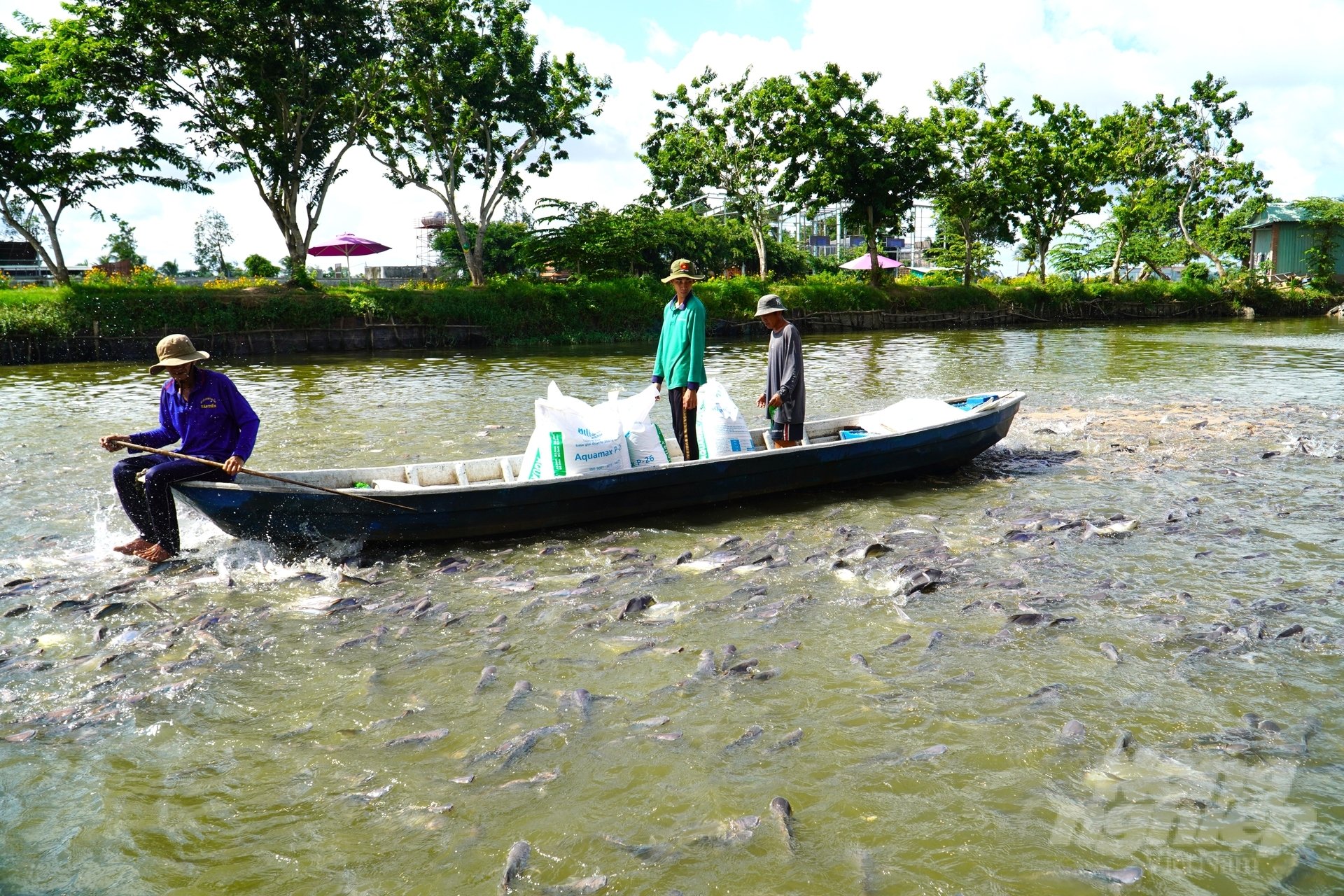
The Mekong Delta region has 142 farms/farming areas providing raw materials for five pangasius exporters to the US. Photo: Kim Anh.
In particular, ensuring food safety conditions at pangasius farming facilities and areas that supply raw materials for businesses exporting to the US is a prerequisite to keeping the market.
Recently, the Department of Fisheries has organized to review the farming conditions of 17 farming facilities/areas in 4 key pangasius farming localities, including An Giang, Dong Thap, Can Tho, and Tien Giang. The remaining farming areas and farming establishments are inspected and reviewed by the local Departments of Agriculture and Rural Development.
According to the Department of Fisheries, the enterprises' farming facilities/areas well meet the criteria and conditions under the Program to control fish food safety and Siluriformes fish products exported to the US market. 100% of farms/farming areas are given a pond identification number. However, the Mekong Delta has about 30% of small-scale farming households. There are still some unsatisfactory infrastructure remedial measures, and invest more in complete infrastructure.
In the upcoming time, the Department of Fisheries will coordinate with many companies supplying pangasius seed to develop breeding work through generations to supply to the market. The head of the Department of Fisheries said that the unit is ordering 75,000 broodstock pangasius to supply to localities. Create a quality breeding ground for breeding stock, and implement traceability.
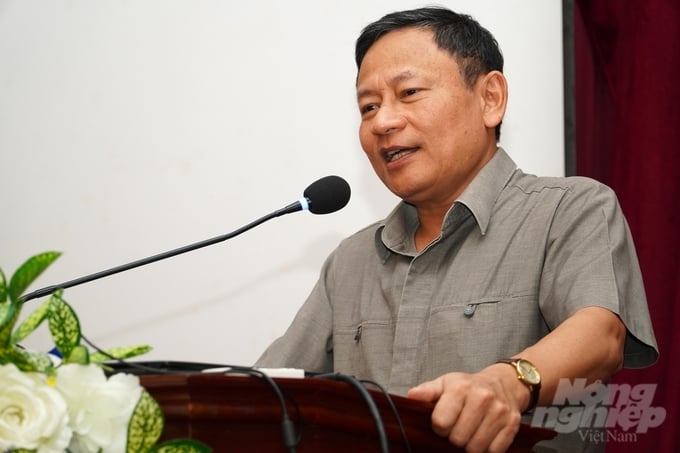
Nhu Van Can, Deputy Director of the Department of Fisheries, assessed that the inspection by the Food Safety and Inspection Services (FSIS) - USDA is essential and is a credit for Vietnamese pangasius to penetrate other markets. Photo: Kim Anh.
This inspection by the Food Safety and Inspection Service (FSIS) is essential. Because the United States is a large market, it is an "indicator" to export to other markets.
Therefore, the local Departments of Agriculture and Rural Development must actively participate and try to overcome the shortcomings. For businesses, it is necessary to firmly grasp information from the market and the guidance of specialized agencies to ensure the construction of a safe and standard material area.
Translated by Ha Phuc
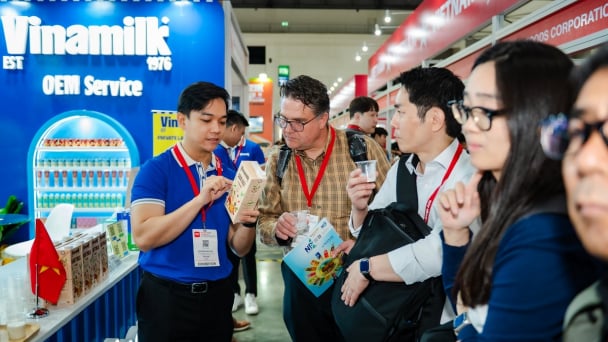
(VAN) At Thaifex Anuga Asia 2025, Asia’s leading food and beverage trade show, more than 170 Vietnamese enterprises are participating, with Vinamilk having been a consistent presence for nearly 20 years.
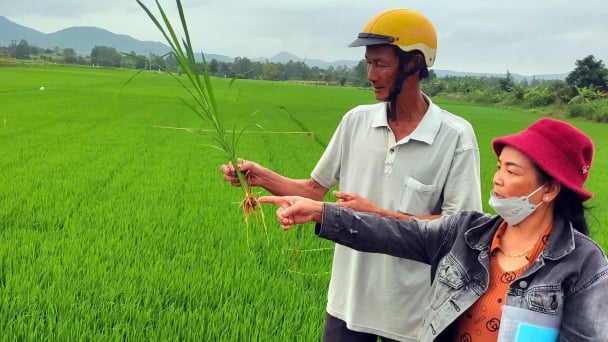
(VAN) On June 3, the Institute of Agricultural Environment organized a workshop titled 'Supporting greenhouse gas inventories in agriculture: Enhancing technical and governance insights for rice production in Vietnam'.
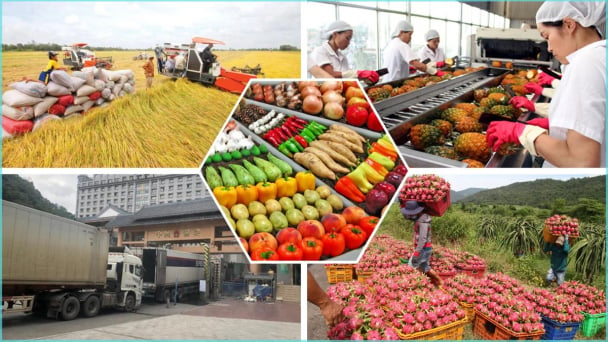
(VAN) In the first 5 months, the export turnover of agricultural, forestry, and fishery products rise significantly, thanks to a relatively stable domestic production and export market.

(VAN) Deposit Return System (DRS) created a natural cycle of responsibility, reinforced by social norms and practical necessity. Materials had value and returning them was second nature.

(VAN) According to the Norwegian Ambassador to Vietnam Hilde Solbakken, sorting waste at source and individual responsibility are key factors for sustainable waste management.
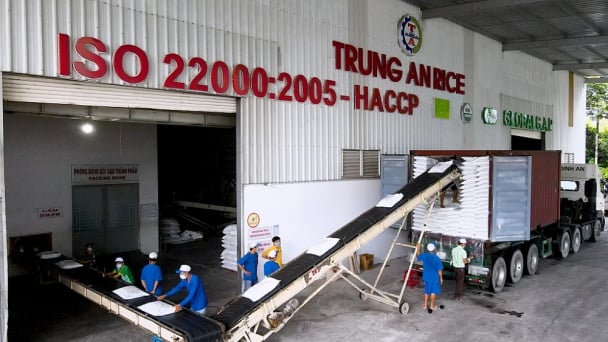
(VAN) On June 5, in Can Tho City, the Vietnam Rice Industry Association (VIETRISA) and Trung An Company will hold a ceremony to export the first shipment of 'Green and Low-Emission Vietnam Rice' to Japan.

(VAN) Minister Do Duc Duy believes this event will mark the start of a new chapter in deeper cooperation between Vietnam’s agricultural sector and the state of Iowa.